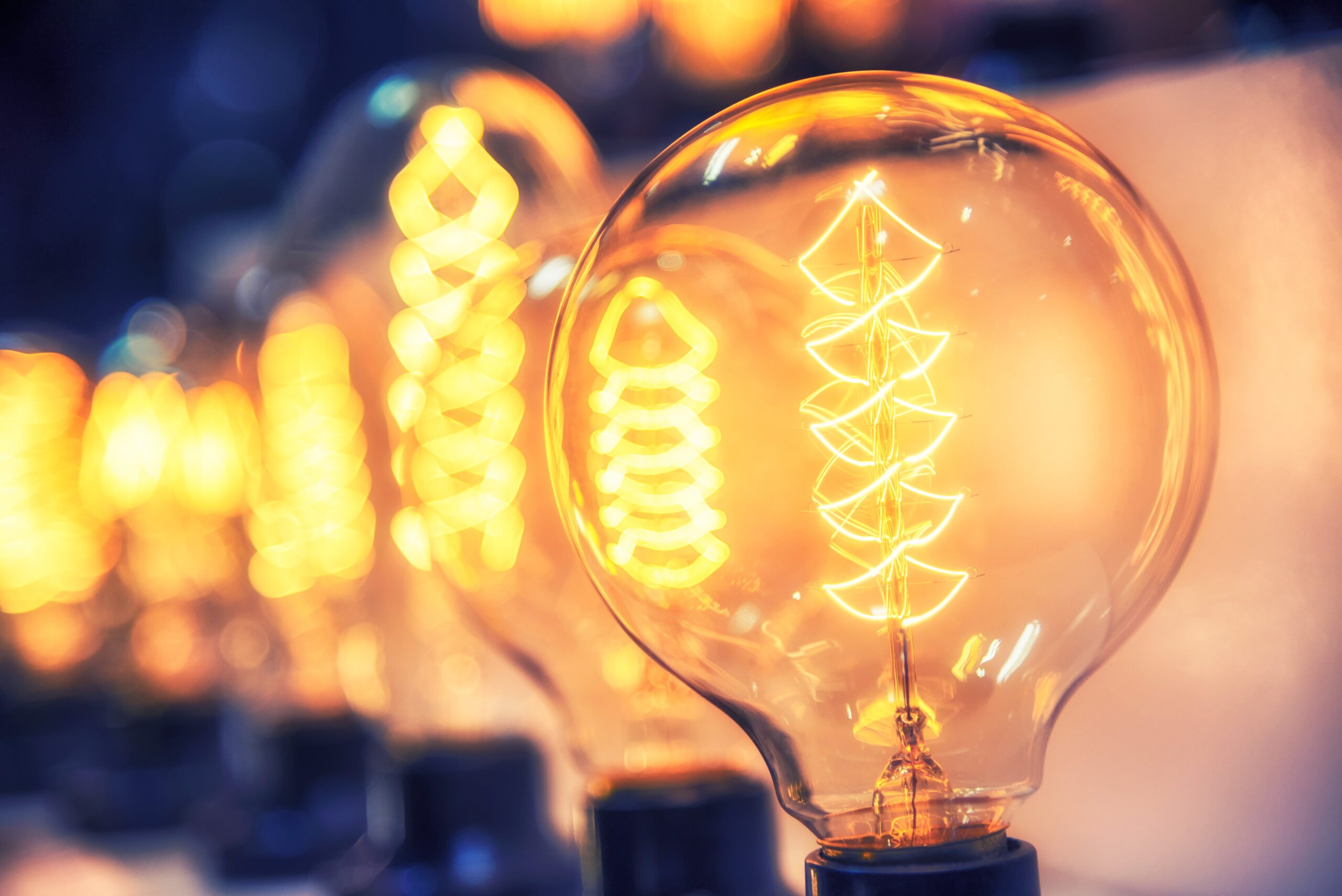
India’s growing demand for electricity and the need for efficient energy transmission and distribution is driving the adoption of the Internet of Things (IoT) in the utility sector.
India has a diversified energy sector comprising both conventional and non-conventional sources of power generation. Sustainable growth in the Indian economy is continuously driving the demand for electricity, which is in need of greater generational capacity.
However, demand and supply gaps, external pressure from regulators, policy-makers, investors, and consumers, is impacting the overall performance of the Indian utility sector. This is driving companies to develop new business strategies and to embrace technology to tackle the challenges associated with their daily operations and enhance their productivity and efficiency.
To this end, companies are striving to effectively manage energy demand and supply and to detect leakages through the use of new technologies.
Grid technology modernisation
The Indian utility sector is gradually modernising its grid technology by installing smart meters for improved customer experience. These are electronic devices that support two-way communication of information between the consumer and the electricity provider through General Packet Radio Service (GPRS) via radio frequency and power-line communication.
It is expected that the deployment of smart meters will reduce data entry and meter reading errors, and facilitate in quickly identifying and restoring any kind of transmission and distribution losses and thefts.
How well do you really know your competitors?
Access the most comprehensive Company Profiles on the market, powered by GlobalData. Save hours of research. Gain competitive edge.

Thank you!
Your download email will arrive shortly
Not ready to buy yet? Download a free sample
We are confident about the unique quality of our Company Profiles. However, we want you to make the most beneficial decision for your business, so we offer a free sample that you can download by submitting the below form
By GlobalDataAt the same time, smart grid technologies will track customer usage and connect to smart meters for improving energy efficiency by regulating power distribution. The technology is also potentially capable of automatically notifying utility providers about required maintenance prior to any breakdown.
Growing demand for smart metering solutions is driving the adoption of IoT solutions in the utility sector.
Another advantage is that these devices, when integrated with the smart grid, will help to address key issues such as line losses, failure in the distribution network, grid security, and overloading.
Green energy targets
IoT applications offer the promise of allowing utility corporations to control their assets irrespective of time and place. The technology also provides sophisticated solutions to the renewable energy sector for fixing installation issues, plant and performance monitoring, and fault management. It is also expected that the deployment of IoT solutions will help India in its shift towards achieving its green energy and energy conservation targets.
A further benefit is that IoT may also help utility companies increase their operational efficiency, ensure 24/7 monitoring of its assets and safeguard them from cyber attacks and other threats. The growing availability of sophisticated and low-cost sensors and other connected devices is another key factor driving IoT implementation in the sector.
Smart City objective
The Indian government has been actively encouraging IoT implementation in the utility sector as a part of its Smart City objective. Tata Power Delhi Distribution Ltd (TPDDL), a joint venture between Tata Power and the Government of the National Capital Territory of Delhi, announced plans to implement IoT solutions and to start the first phase of its smart meter installation program in December 2018.
The authority is also looking to launch a mobile app for Android. TPDDL is collaborating with around 30 entities, GE, 3M, IBM, Raychem, and the United States Trade and Development Agency (USTDA), among others for running pilot projects and introducing home automation and energy efficient technologies.
For example, TPDDL collaborated with GE in order to use various smart grid approaches for efficiently distributing energy. USTDA is also exploring and developing opportunities in the field of energy storage systems, rooftop solar energy, and electric vehicles. Additionally, private companies like HCL partnered with Echelon to offer network infrastructure and smart metering services.




Related Company Profiles
3M Co